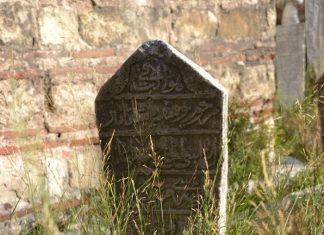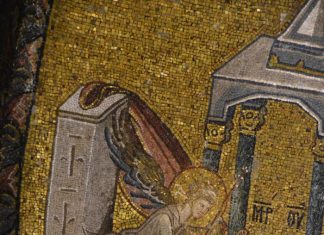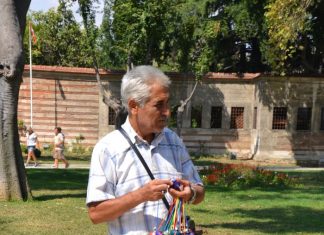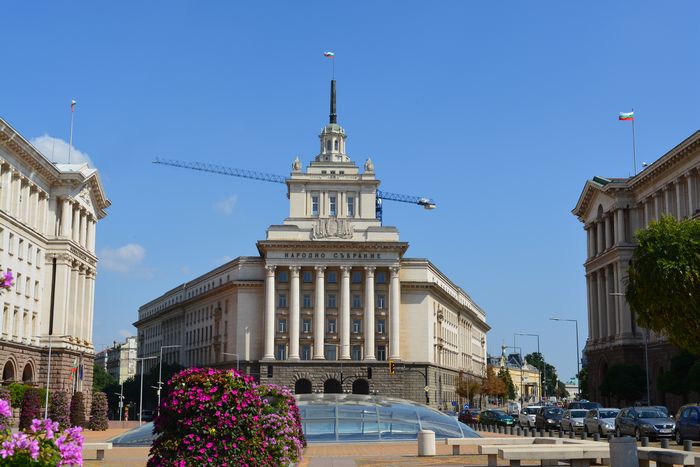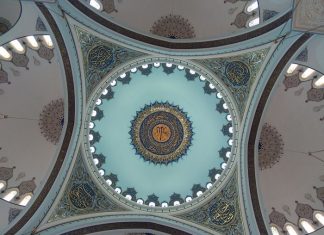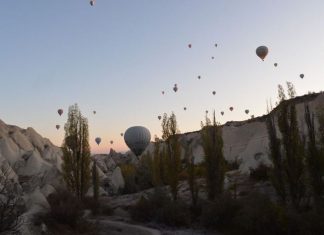A Look at the Serbian Parliament
The Appearance of the Skoupshtina
The Skoupshtina, Serbia’s Parliament, is quite plain and unremarkable. It is built from lath and plaster, and its walls are...
Scenes from the Balkans
Clanging Chains and Convict Labor
As I turned a corner on the road, I heard a loud clanging noise. Coming into view were forty prisoners,...
Terminology in the Communist Constitution
Distortion of Meaning
The terminology used in the Communist Constitution of Bulgaria often starkly contrasts with the actual state of affairs, revealing a profound dissonance...
Squares and Domes
Now, step outside and ascend from the street you came from. Be mindful that the streets you traversed were a crucial center of Istanbul...
The Caravansary with Three Doors
According to information provided by travelers and ambassadors, Elgihan’s architectural structure, with a courtyard in the middle, is square.
The well located in the middle...
Balkan Tours 2023
Balkan Tours 2023, the fairy-tale called Balkan tours (this time Balkan tours 2023) continues. Very famous and still an enigma for many, Balkans never...
Balkan Tours 2022
Balkan Tours 2022, when planning your holiday, think about the Balkan peninsula. Consider the exotic destination where you can experience culture, tasty food, adventures....
Liberius’s world for the next quarter century
This was Liberius’s world for the next quarter century. He represented the Roman empire (Theoderic’s branch of it, that is), commanded its military forces,...
Theoderic addressed Boethius consistently
This Boethius, the successful Boethius, who had the ear of the ruler and was the object of his flattering attentions, we see mainly through...



